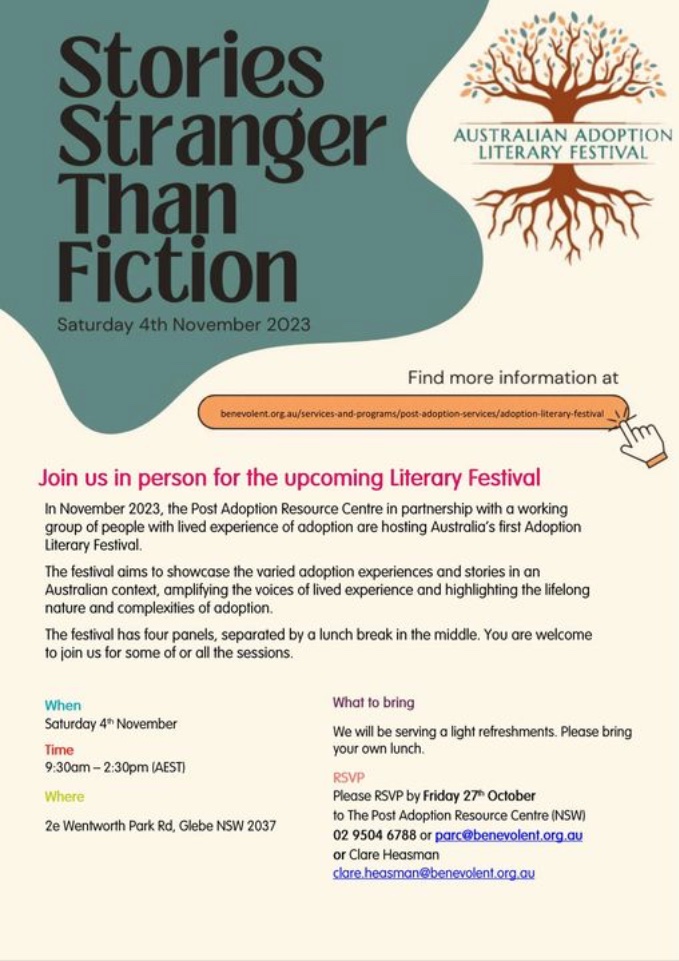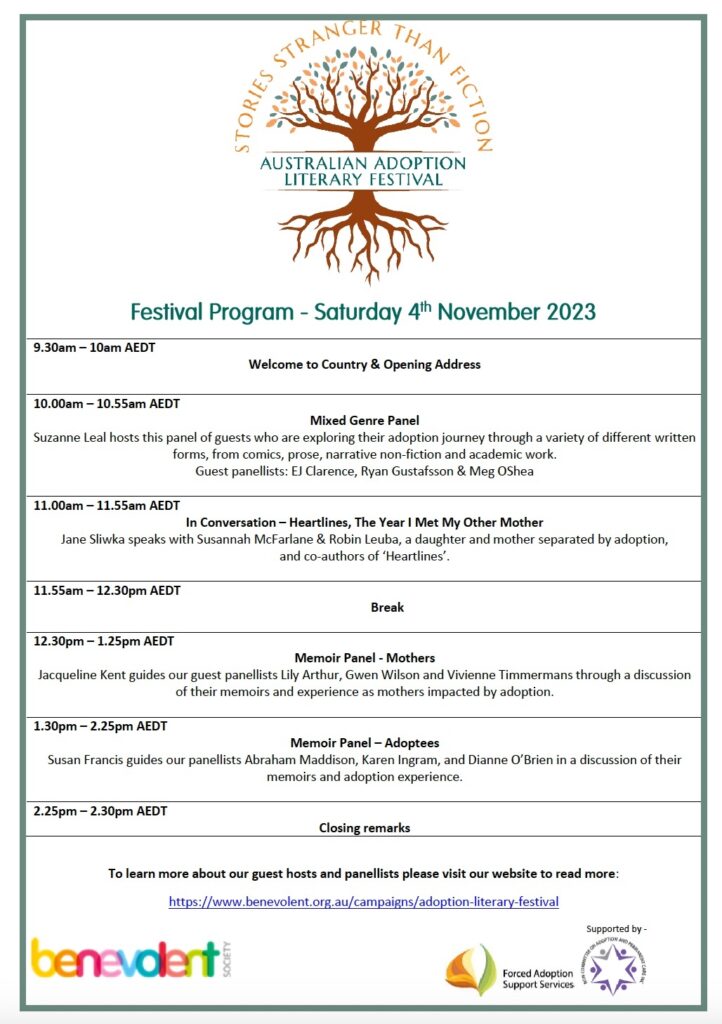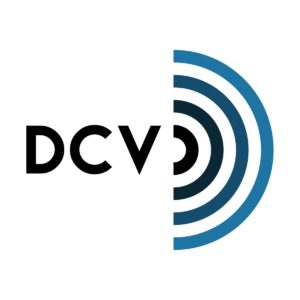It was a movement waiting to happen. It only needed a catalyst. Enter Dr. Laura Schlessinger, an unapologetic bully and “infotainment” therapist masquerading as a helping professional. Host of the Dr. Laura program, heard daily on SiriusXM Radio, Schlessinger bills herself as a “talk radio and podcast host offering no-nonsense advice infused with a strong sense of ethics, accountability and personal responsibility.” A Los Angeles marriage and family therapist, she’s no stranger to controversy. For example, there was criticism when it became known that in the early days of her television program her staff posed as guests, and outrage when two decades ago she declared that homosexuality was “a biological error” and made racist comments that temporarily derailed her radio career. Now, her SiriusXM program, with an audience of eight million listeners, doesn’t shy away from the sensationalism that ratchets up the ratings.
Recently, she directed her venom at NPEs (not parent expected.)
In the program’s July 7 Call of the Day, “My Mom Never Told Me the Truth,” Torri, the caller seeking Dr. Laura’s help, stated she wasn’t sure how to continue on in her relationship with her mother after recently learning her dad wasn’t her biological father. Schlessinger asked if the man who raised her was nice. After Torri responded that he was, Schlessinger launched into an assumption-filled toxic diatribe. She berated Torri, asking “What in the hell is wrong with you?” When Torri tried to explain she was upset by her mother’s lying, Schlessinger responded by saying, “So what? So what? Who gives a shit?” She continued to defend Torri’s mother while dismissing and disparaging the vulnerable caller, leaving Torri barely able to speak. “I seriously would rather smack you across the head than anything else right now, you ungrateful little twit. You insensitive, ungrateful twit.” When Torri, after a stunned silence, tried to respond, Schlessinger interrupted. “You’re a twit for saying that. You’re a twit for repeating it.” She continued for several excruciating minutes to bully and berate her caller.
Word of the episode spread quickly among adoptees, donor-conceived people, NPEs, and others affected by separation from biological family. As more and more people listened to the podcast, outrage surged from one Facebook group to another like jolts of electricity. Soon, members responded to Schlessinger on her website and on social media, many demanding an apology, some clamoring for a boycott of her program, and others calling for the radio host to be stripped of her license to practice psychotherapy. The complaints appeared to fall on deaf ears as the complainers were quickly blocked from Schlessinger’s social media accounts. A post on her Facebook page overrun with comments about the episode, however, was quickly shut down.
Therapists soon weighed in as well. Jodi Klugman-Rabb, LMFT, wrote an article about Schlessinger’s breach of provider ethics, and Eve Sturges, LMFT and host of a podcast, “Everything’s Relative,” released an “emergency” episode to bring awareness to the issue.
I grew angrier by the day, says DNAngels’ search angel Ashley Frazier, “and on July 1, I put out a call in all the groups I’m in that it was time to speak up and let our voices be heard. Torri’s call was a rallying cry for members of our communities, who are often faced with rejection and the judgment of people in their lives who share the views of Dr. Laura, simply for wanting to know the truth about their genetic identity.”
When a friend shared with her a link to the show, Erin Cosentino, of the Facebook group NPE Only: After the Discovery, couldn’t bring herself to listen at first. “It took me a few hours to work up the courage,” she says. Reading the comments first inspired her to move ahead. “So many people were in support of Dr. Laura’s comments, and I was sickened by that, so I listened.” She and her friends spent days discussing the podcast and debating about what to do and how to educate the people who supported Dr. Laura. Then she saw the post written by Ashley Frazier. “It was so in line with everything my friends and I had been discussing that I asked permission to share it. I was meant to see it. It was meant to be. Within minutes we were planning.”
“We spent the evening messaging about strategy,” says Frazier. “Our plans quickly evolved into the two of us starting a group together, and by morning we had a group chat with more than 30 people discussing bigger plans than we could ever have imagined. Within 24 hours, we had our own private group formed with nearly 100 members brainstorming and offering to help achieve our mission.”
What they created that evening is the Coalition for Genetic Truth, which has united 27 NPE, adoptee, late discovery adoptee (LDA), search angel, and donor/surrogacy conceived support groups with combined memberships totaling more than 105,000 people.
The coalition now has both a public and a private group on Facebook whose 400 members include individuals from the various communities as well as their allies. Frazier and Cosentino quickly assembled a team of friends and fellow advocates to moderate the groups and represent all of the various communities with a stake in issues related to genetic identity—Laura Leslie, Emily Ripper, Kayla Branch, Annie Persico, Cindy Olson McQuay, Cassandra Adams, and Kathleen Shea Kirstein.
“The initial goal of the coalition was to raise our voices to speak out against Schlessinger’s abusive treatment of Torri,” says Frazier. “But we very quickly realized there were more effective ways to spread our mission in a positive manner,” adds Cosentino.
At first they focused on sending email messages, making phone calls, issuing a press release, and creating a petition that’s now been signed by more than 1,300 people calling for an apology from Schlessinger. “Realistically, we know we’re not going to get an apology. This step was simply a springboard to get to our greater mission, which is to be a united voice that gets the community and the public talking and recognizing that there’s a need for education about the importance of knowing one’s genetic identity,” she adds. It’s important, she says, for the burgeoning population of identity-disenfranchised people to be able to find their way to these communities “and know that there are tens of thousands of people in our support groups who can truly understand what they’re going through, give advice based on experience, and support them without judgment. As hard as our friends and families try to be supportive, they can’t put themselves in our shoes and often make hurtful and dismissive comments, such as ‘This doesn’t change anything,’ or ‘Your dad’s still your dad.”
Equally important as connecting community members to resources, says Frazier, “is to educate our known and newfound family members and friends about how they can better support us during this difficult time. There’s also a huge need to educate mental health professionals about this important issue and enable them to provide resources to their clients.”
Join the public or private Facebook group and follow the coalition on Twitter @GeneticTruth and on Instagram at #coalitionforgenetictruth.Among the members of the Coalition for Genetic Truth are the following.*
ADVOCACY
Right To Know On Twitter and Instagram @righttoknowus and on Facebook
COUNSELING/THERAPY
Eve Sturges, LMFT: a licensed marriage and family therapist in Los Angeles. On Twitter and Instagram: @evesturges
NPE Counseling Collective: group of therapists specializing in best therapeutic practices for the NPE community.
Jodi Klugman-Rabb, LMFT: a licensed marriage and family therapist and creator of Parental Identity Discovery (see NPE Counseling Training below). On Twitter @JodiRabb, Instagram @jkrabbmft, and Facebook
FACEBOOK GROUPS
Note: Not all groups are open to everyone. Check the “About” section of each group for restrictions and to determine whether you are eligible to become a member.
Adoptees, NPEs, Donor Conceived & Other Genetic Identity Seekers
Adoptees Only: Found/Reunion The Next Chapter On Instagram @adopteesonly
Adoption Search & Support by DNAngels — Adoptee/LDA
DNAngels Search & Support — NPE/DC
DNA Surprises
Donor Conceived People
Donor Conceived People in/Around NY
Friends of Donor Conceived Individuals
Hiraeth Only: Longing for Home
The Mindful NPE On Twitter and Instagram @TheMindfulNPE
MPE Cross Cultural Connections
MPE Jewish Identity Surprise
NPE Counseling Collective
NPE Only: After the Discovery On Twitter @NPEsOnly1
Pacific NW MPE Life
GENETIC GENEALOGISTS/SEARCH ANGELS
DNAngels On Twitter @DNAngels4 and Instagram @DNAngelsorg
Enlighten DNA: Email: Truth@enlightenDNA.org
MEDIA
Severance Magazine On Twitter and Instagram @Severancemag and Facebook
NPE COUNSELING TRAINING
Parental Identity Discovery
PODCASTS
NPE Stories, hosted by Lily Wood
Everything’s Relative with Eve Sturges
Sex, Lies & the Truth, hosted by Jodi Klugman-Rabb and Christina Bryan Fitzgibbons
Find more resources about adoptees, NPEs, donor-conceived people, and others with genetic identity concerns in the “Resources” tab top right here.BEFORE YOU GO…
Look on our home page for more articles about NPEs, adoptees, and genetic genealogy.
- Please leave a comment below and share your thoughts.
- Let us know what you want to see in Severance. Send a message to bkjax@icloud.com.
- Tell us your stories. See guidelines.
- If you’re an NPE, adoptee, or donor conceived person; a sibling of someone in one of these groups; or a helping professional (for example, a therapist or genetic genealogist) you’re welcome to join our private Facebook group.
- Like us on Facebook and follow us on Twitter and Instagram @Severancemag.


 Complex feelings and experiences—like those associated with genetic identity—may be difficult to share through words alone. But art can get to the heart of the matter and communicate more compellingly the tangled emotions and nuances of experiences that arise from grappling with genetic identity issues. There are myriad benefits of artistic expression. Not surprisingly, art is widely known to be a therapeutic strategy, both healing the creators and engendering understanding and empathy in those exposed to it.
Complex feelings and experiences—like those associated with genetic identity—may be difficult to share through words alone. But art can get to the heart of the matter and communicate more compellingly the tangled emotions and nuances of experiences that arise from grappling with genetic identity issues. There are myriad benefits of artistic expression. Not surprisingly, art is widely known to be a therapeutic strategy, both healing the creators and engendering understanding and empathy in those exposed to it.